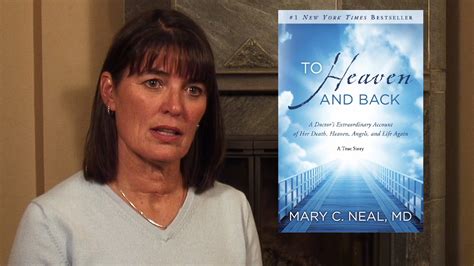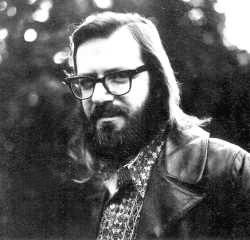A Quote by Craig Blomberg
Protestants and Catholics have historically disagreed on the canon of the Old Testament but agreed on the canon of the New Testament. Christians throughout history have at times been imprisoned and even martyred for keeping books of the Bible or whole Bibles when told to surrender them to political authorities.
Related Quotes
Contemporary Christianity, diverse and complex as we find it, actually may show more unanimity than the Christian churches of the first and second centuries. For nearly all Christians since that time, Catholics, Protestants, or Orthodox, have shared three basic premises. First, they accept the canon of the New Testament; second, they confess the apostolic creed; and third, they affirm specific forms of church institution. But every one of these - the canon of Scripture, the creed, and the institutional structure - emerged in its present form only toward the end of the second century.
It's not as if the New Testament writers came along and said, "The culmination of Old Testament books is more books, New Testament books." In some ways they thought instead of the culmination of Old Testament books being Christ himself, the word incarnate as the opening verses of Hebrews 1 put it. In the past God spoke to the fathers by the prophets, but in these last days he has spoken to us by his son and the son is revelation.
One thing must be emphatically stated. The New Testament books did not become authoritative for the Church because they were formally included in a canonical list; on the contrary, the Church included them in her canon because she already regarded them as divinely inspired, recognizing their innate worth and generally apostolic authority, direct or indirect.
Who wrote the Bible? Current scholarship, to my knowledge, assumes that the material that constitutes the Old Testament was put together from various oral and folk traditions (many of them going far back) in the Hellenistic period. That was one of several currents, of which the collection that formed the New Testament was another.
On the theory of natural selection we can clearly understand the full meaning of that old canon in natural history, “Natura non facit saltum.” This canon, if we look only to the present inhabitants of the world, is not strictly correct, but if we include all those of past times, it must by my theory be strictly true.
Take any country that has laws against hate crimes, inspiring hatred and genocide and so on. The first thing they would do is ban the Old Testament. There's nothing like it in the literary canon that exalts genocide, to that extent. And it's not a joke either. Like where I live, New England, the people who liberated it from the native scourge were religious fundamentalist lunatics, who came waving the holy book, declaring themselves to be the children of Israel who are killing the Amalekites, like God told them.
Since the purpose of reading, of education, is to become good, our most important task is to choose the right books. Our personal set of stories, our canon, shapes our lives. I believe it is a law of the universe that we will not rise above our canon. Our canon is part of us, deeply, subconsciously. And the characters and teachings in our canon shape our characters--good, evil, mediocre, or great.



































